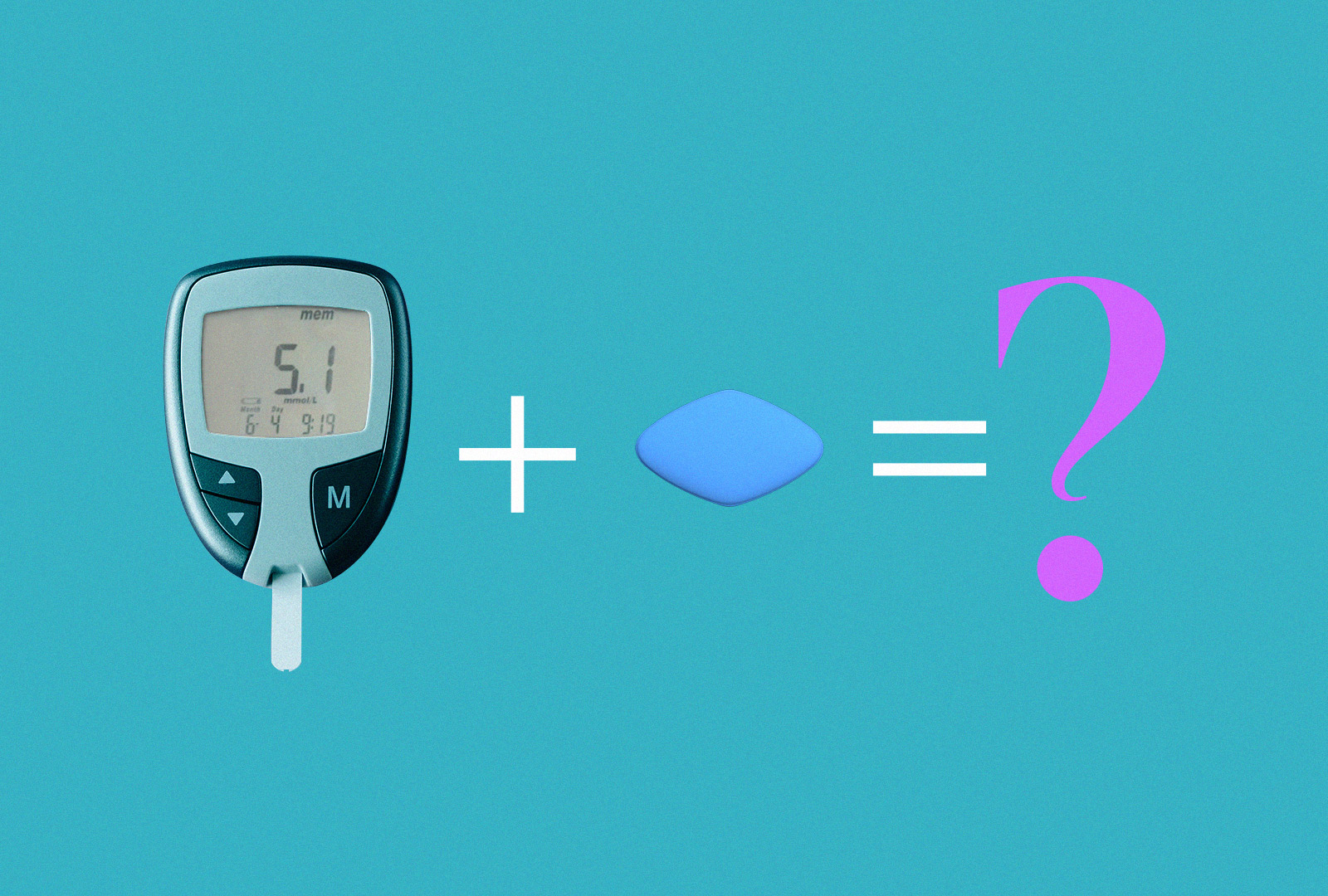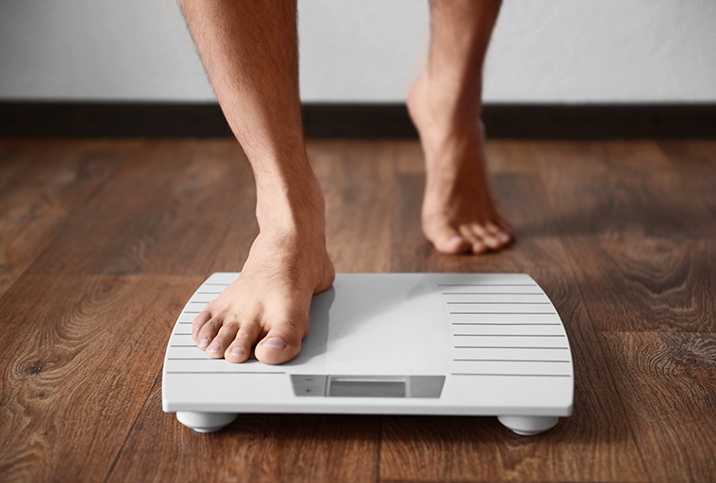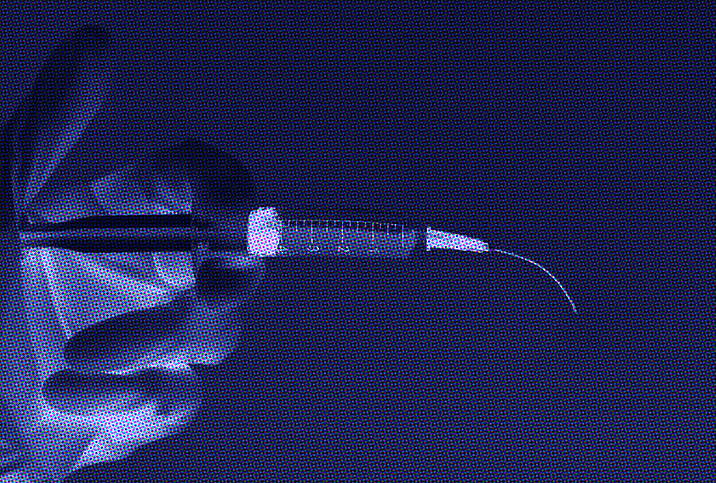Questions to Ask Your Doctor About Diabetes and ED

The link between diabetes and erectile dysfunction is well established. ED affects more than 50 percent of all men with diabetes, and the ratio climbs with age.
A 2017 meta-study of data from 145 previous studies involving 90,000 men was published in the journal Diabetic Medicine. It indicated that men with diabetes are three and a half times more likely to develop ED than those without the disease. But even as prevalent as ED is among men who have diabetes, it's often a connection unmentioned during doctor visits. For some men, there remains a stigma surrounding the subject of ED that leads them to address it separately from the rest of their medical history.
As with any other medical condition, ED should be addressed with the help of medical professionals. Here's how to start the conversation, along with a few questions you should ask your doctor about ED if you also suffer from diabetes.
First, you have to mention it
No doctor can help you without knowing what's going on. If you're diagnosed with diabetes, mention any concerns you have regarding ED. Meanwhile, if you're experiencing ED, talk to your doctor about it. Men with diabetes often develop ED 10 to 15 years earlier than men without.
What's more, many clinicians have come to think of ED as an early indicator of other impending health issues, including diabetes, heart disease and other cardiovascular conditions.
Giddy urologist Dr. Edwin Morales explains the connection between diabetes and erectile dysfunction in the ED Guide video series. Click here to watch the video.
Q. How can I better manage my blood sugar levels?
Diabetes causes and worsens ED by damaging blood vessels and nerves. The better you manage your blood sugar levels immediately following a diabetes diagnosis, the better your long-term outlook for quality erectile function.
Your doctor should be able to recommend some dietary choices or sources of dietary info that can help.
Q. What other health issues might be in play?
A variety of health problems can cause and exacerbate ED, and many of them tend to run concurrently with diabetes. If you are overweight, are sedentary, have a poor diet, have cardiovascular conditions, have high blood pressure or are a smoker, talk to your doctor about how you can address these problems as well as your diabetes. Taking a broad approach to ED can go a long way toward mitigating the problem.
Q. Are my medications affecting my erectile function?
Many medications can have adverse effects on erectile function. If you're taking medication for high blood pressure, depression or other conditions, make sure there are no sexual side effects.
Your doctor may be able to prescribe alternative meds with fewer sexual side effects. For instance, they might switch out SSRI antidepressants, like sertraline (Zoloft) or fluoxetine (Prozac), for drugs like bupropion (Wellbutrin), mirtazapine (Remeron) and others.
Q. Would counseling help me?
Anxiety and stress over ED can make the problem worse. Undergoing talk therapy and discussing it with your partner can go a long way toward alleviating the issue. Plus, your doctor may be able to recommend a sex therapist or another kind of counselor with a specialization in this issue.
Don't forget meditation, deep breathing and training yourself to focus on the moment and fully enjoy the sensations of sex. These psychological tools are useful for overcoming this type of anxiety.
Conclusion
ED and diabetes often arrive hand in hand. Managing each gets easier with the help of a medical professional. You shouldn't hesitate to talk to your doctor about ED any differently than you would about diabetes, an allergy or a broken arm.
There may not be a cure for either condition, but there is a wide variety of ways to reduce their impact.


















